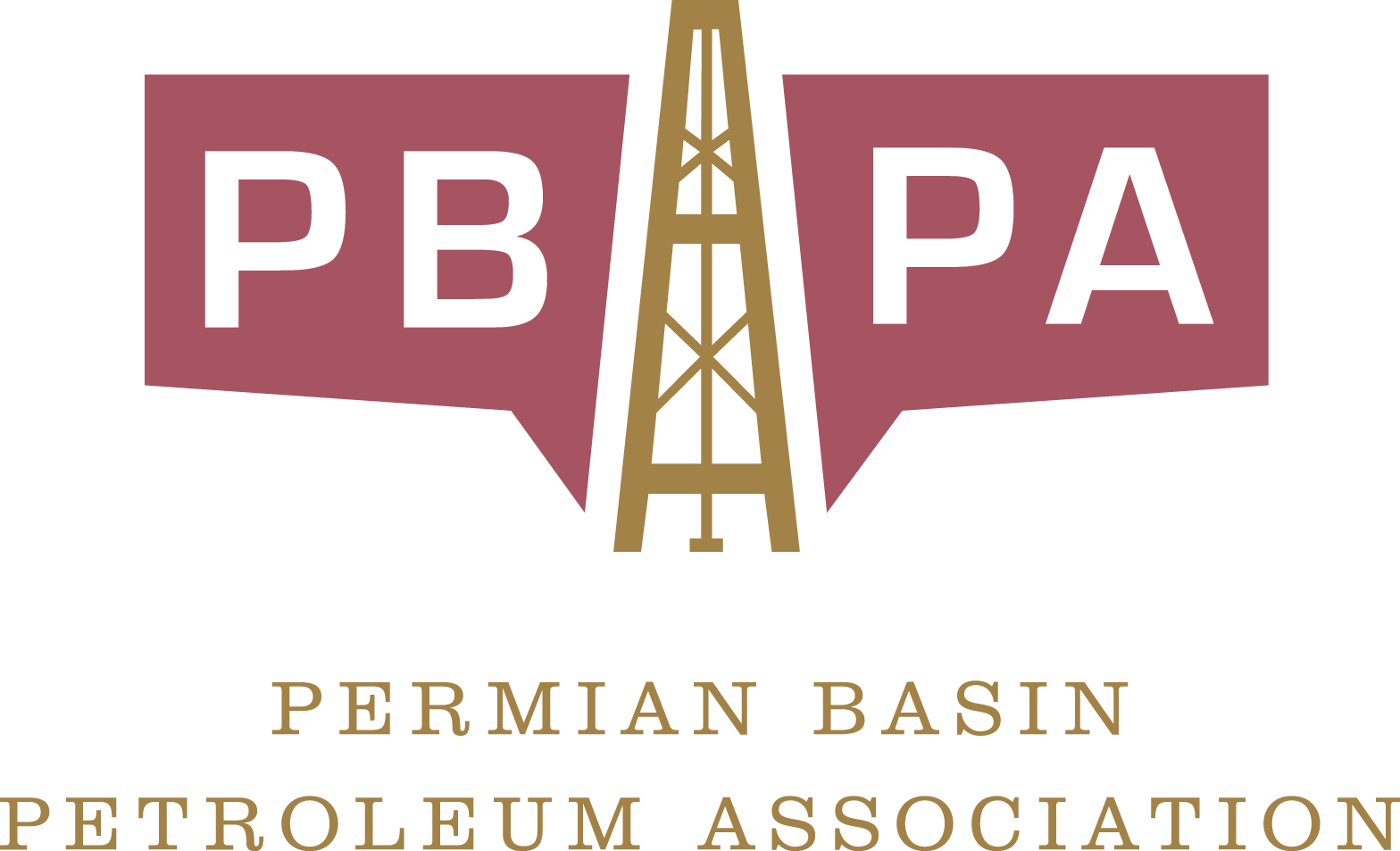
PBPA focuses on energy access and environmental concerns
September 12, 2024
Midland Reporter-Telegram
by Mella McEwen
Environmental concerns were the focus of the Permian Basin Petroleum Association’s Kick-Off Breakfast at its annual meeting.
“The transformation and explosion of human energy over the last three generations has been unbelievable,” said Chris Wright, founder and chief executive officer of Liberty Energy. He added that “the arrival of human liberty coincided with the arrival of energy.”
But today, only 1 billion people live with plentiful energy, consuming 13 barrels of oil per person per year. Approximately 7 billion people don’t have access to plentiful energy, consuming only 3 barrels per person per year. An estimated 3 million people annually die from the health impacts of burning renewable biomass — wood or peat — indoors for cooking, heat or light.
To drive the world towards zero hydrocarbon use “is, A., immoral — you can’t tell 7 billion people they can’t get energy, and, B., it won’t happen,” Wright said. A far superior goal would be “Zero Energy Poverty by 2050,” he said.
James Kenney, cabinet secretary, New Mexico Environment Department, cautioned the audience to expect federal ozone and methane regulations to come into effect, though they will offer operators a lot of optionality in how they monitor for emissions.
As monitoring technology advances — including satellites, fly-by monitoring and more, “We see terabytes of data looking at the emissions profile of the Permian Basin – and other areas — will become available,” he said. “How are we as a regulator with kilobytes of staff to process that data?”
Once those terabytes of data are made public, “I guarantee I’ll get calls for action, the Texas Commission on Environmental Quality will get calls for action, legislators will say there needs to be more regulation,” he said.
That amount of data will also challenge the industry to analyze it into a compelling story to tell the public about how the industry is reducing emissions and moving in the right direction, he said.
Kenney touched on a subject that has been of concern for several years: The possible redesignation of the Permian Basin as in non-attainment under ozone standards under the Clean Air Act. He said his agency has been told the Environmental Protection Agency is still testing data “so there seems to be some hesitancy. I suspect something is going on in the next couple of months. It’s still out there.”
There is a lot of commonality between Texas and New Mexico in how they address challenges from managing produced water and ensuring sufficient water supplies for residents and industry, the rise in seismic activity and need for more electric power.
